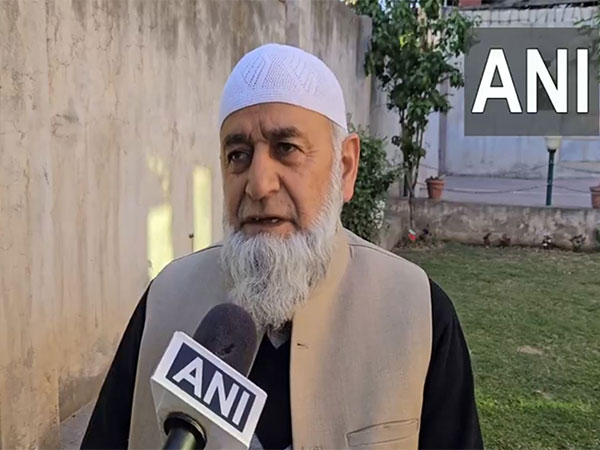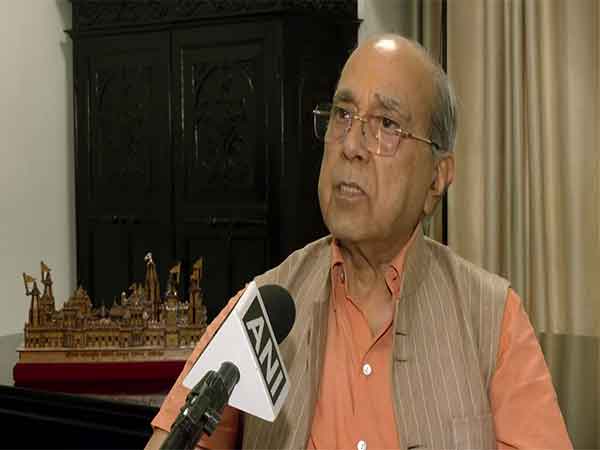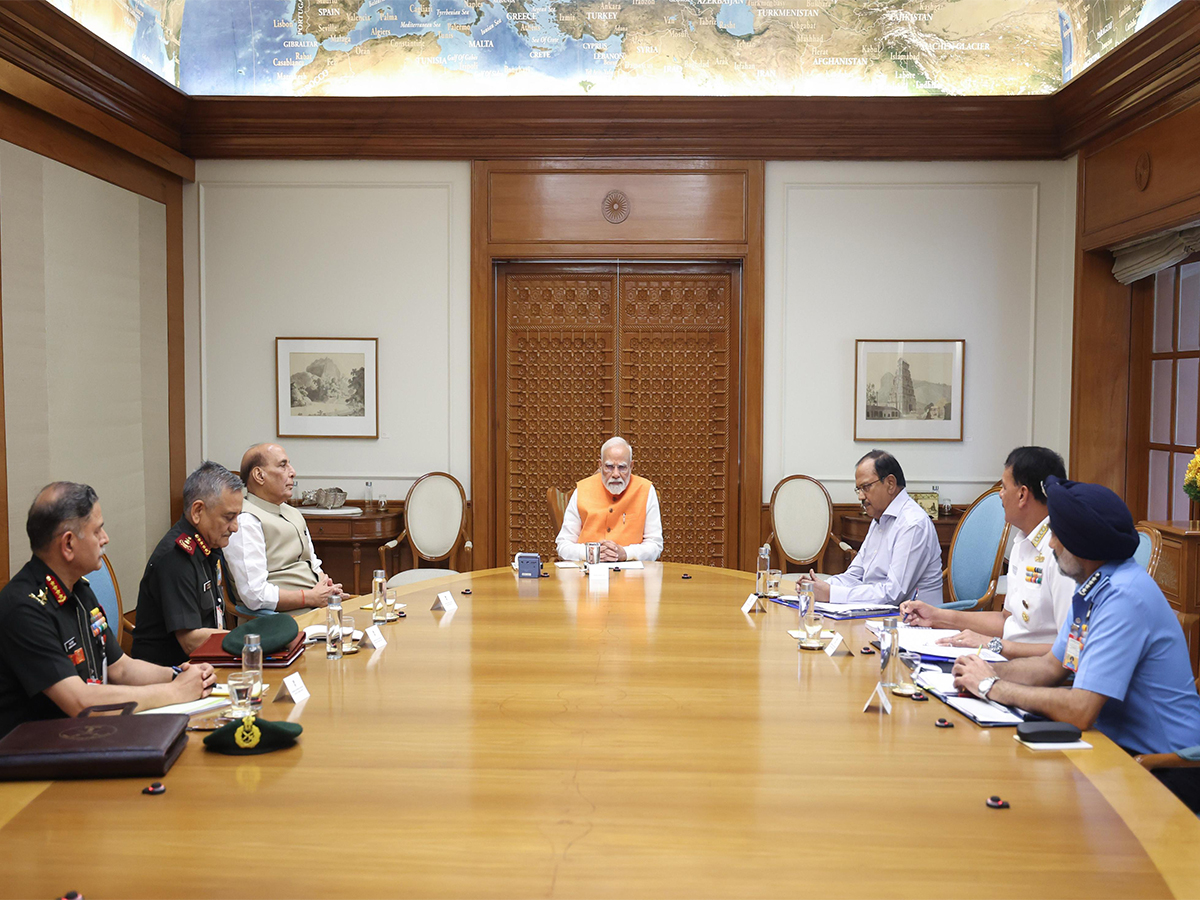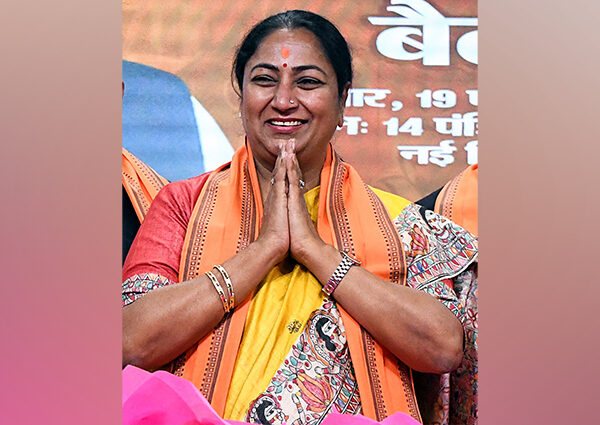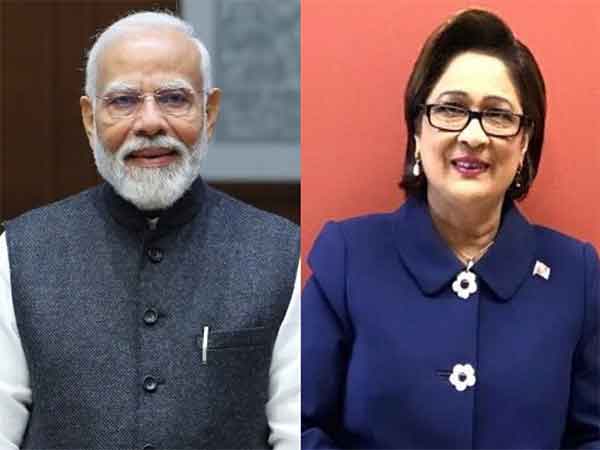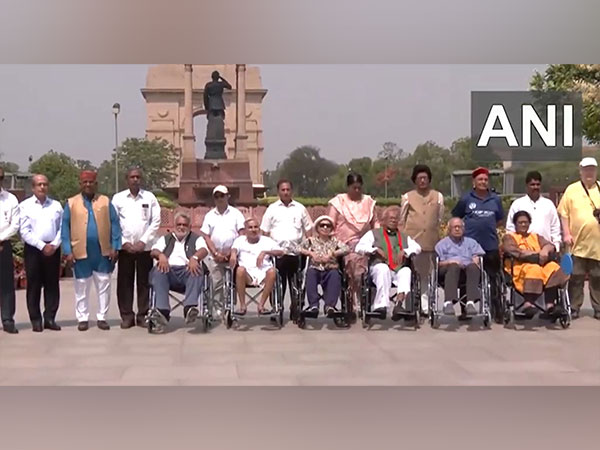US Treasury Secretary Scott Bessent has said that the United States and India made “some very good progress” concerning the trade deal during Vice President JD Vance’s visit to the country and some announcements could be made soon.
Addressing a media briefing, Bessent said that Vance and Prime Minister Narendra Modi made “some very good progress” concerning the bilateral trade agreement.
“I’m glad you brought up our Asian trading partners and allies. They have been the most forthcoming in terms of doing the deals. As I mentioned, Vice President Vance was in India last week. I think that he and PM Modi made some very good progress. So, I could see some announcements on India. I could see the contours of a deal with the Republic of Korea coming together and then we’ve had substantial talks with the Japanese,” he said.
Vance was on an official visit to India from April 21 to 24 and said that India and the US have finalised terms of reference for the ongoing negotiations for completing a Bilateral Trade Agreement between the two countries.
“What President Trump and Prime Minister Modi announced in February that our countries aimed to more than double our Lateral trade to 500 billion dollars by the end of the decade. I know that both of them meant it, and I’m encouraged by everything. Our nations are doing to get us there,” Vance said at an event in Jaipur.
Both governments are working on a trade agreement built on shared priorities, including creating new jobs, building durable supply chains, and achieving prosperity for workers, he said.
“As many of you are aware, both of our governments are hard at work on a trade agreement on shared priorities like creating new jobs, building durable Supply chains and achieving prosperity for our workers and in our meeting yesterday, Prime Minister Modi and I made very good progress on all of those points. And we are especially excited to formally announce that America and India have officially finalised the terms of reference for the trade negotiation. I think this is a vital step. I believe this is a vital step toward realising President Trump’s and Prime Minister Modi’s Vision because it sets a roadmap toward a final deal between our Nations,” he added.
India on Tuesday said that the meetings for negotiation of Bilateral Trade Agreement (BTA) with United States are making “positive progress” and termed the discussions as “fruitful.”
As part of ongoing discussions on the India-US Bilateral Trade Agreement, representatives of India’s Department of Commerce and the Office of the US Trade Representative met in Washington, DC, from April 23-25, 2025. This follows earlier bilateral discussions held in March 2025 in New Delhi.
The Ministry further added that the team had fruitful discussions on a wide range of subjects, including tariff and non-tariff matters, during the meetings in Washington, DC.
The Indian and US sides held a meeting to discuss the ways for the first phase of the Bilateral Trade Agreement, which is scheduled to be finalised in the fall of the current year.”During the meetings in Washington, D.C., the team had fruitful discussions on wide ranging subjects covering tariff and non-tariff matters. The team discussed the pathway for concluding the first tranche of the mutually beneficial, multi-sector Bilateral Trade Agreement by Fall of 2025, including through opportunities for early mutual wins. While productive Sectoral expert level engagements have taken place through the virtual format, in-person Sectoral engagements are planned from end of May,” the Ministry added.
The Ministry added that these productive discussions are part of bilateral efforts in line with the Leaders’ Statement of February 2025, aimed at enhancing and expanding India-US economic ties and supply chain integration through the Bilateral Trade Agreement.
As part of the BTA, leaders of both countries have set a bold new goal for bilateral trade – “Mission 500” – aiming to more than double total bilateral trade to USD 500 billion by 2030.
Recognising that this level of ambition would require new, fair-trade terms, both countries have announced plans to negotiate the first tranche of a mutually beneficial, multi-sector Bilateral Trade Agreement (BTA) by the fall of 2025.
Both countries have committed to designating senior representatives to advance these negotiations and to ensure that the trade relationship fully reflects the aspirations of the COMPACT.
To advance this innovative, wide-ranging BTA, the US and India will take an integrated approach to strengthen and deepen bilateral trade across the goods and services sector, and will work towards increasing market access, reducing tariff and non-tariff barriers, and deepening supply chain integration. (ANI)


